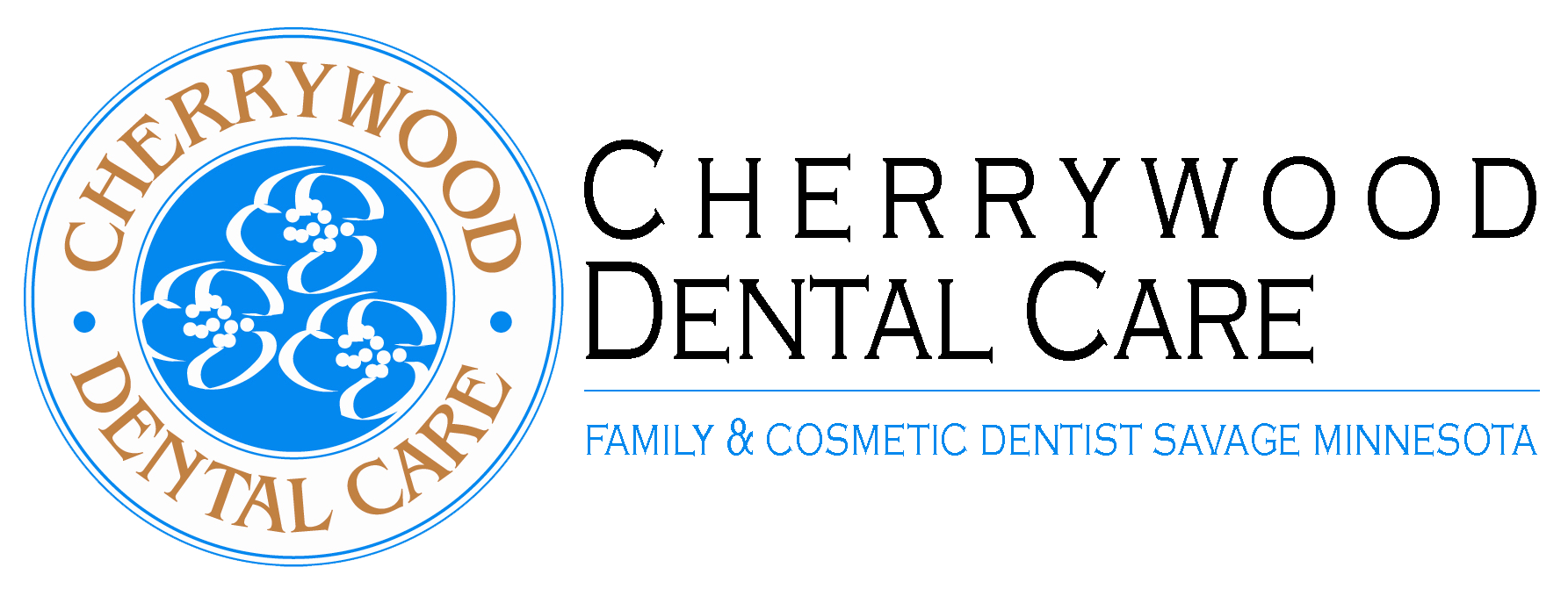Is Scale & Root Planing Painful?
At your next dental visit, you may notice your dentist taking measurements of the pockets between your gumline and where your gums attach to your teeth. If your dentist finds this measurement to be too large or signs of serious gum disease, your dentist may suggest dental scaling. The dentist is suggesting a deep cleaning of your teeth; a more thorough cleaning than the twice yearly in office cleaning. Dental scaling cleans the surface of your teeth below the gumline and is a common treatment for gum disease or periodontitis. If you are planning on having dental surgery, the dentist may even suggest dental scaling before the procedure to ensure that your gums are healthy to support healing after surgery.
Is Dental Scaling Necessary?
Often with age, aggressive brushing, nicotine use and genetics, your gums will start to recede from your teeth. When your gums and teeth are healthy, this recession is not detrimental, But when plaque and bacteria start to settle in the space where your gums used to be and can’t be reached by brushing alone, gum disease will start and get worse. The bacteria can cause inflammation in your gums and decay of your teeth. You may even notice bad breath that doesn’t go away. Once your dentist confirms that you have gum disease and suggests dental scaling as treatment, you can know this means your gum disease does not require surgery for treatment and that your gums and teeth will be on the mend as soon as the treatment is complete.
Types of Dental Scaling Tools
Your dentist has a choice between two types of instruments to complete your dental scaling. The dentist may opt between manual instruments or an ultrasonic instrument or even use a combination of both.
- Hand-held metal tools. These are called a dental scaler and curette and the dentist will use them to scrape the plaque off your tooth’s surface below your gumline. Plaque does not glow in the dark; it is invisible to the naked eye. Your dentist will rely on how the surface of the tooth feels to determine whether or not tartar has built up in an area.
- Ultrasonic instrument. These are vibrating tools with metal tips and a stream of cool water. The tip relies on the vibration to remove the tartar from the surface of the tooth. The stream of water rinses away the build up and also helps to keep the metal tip cool.
Does Dental Scaling Hurt?
Removing plaque from your teeth is not painful as it is just scraping the surface of your tooth. Dental scaling requires cleaning below the gumline, so if you have more sensitive gums, then you will want to talk to your dentist about options for pain management. Often, the dentist can numb the gums with a local anesthesia to help you stay comfortable during the procedure. You should talk to your dentist about any prescription or over the counter medication you are taking; these medications could have an effect on your swelling, bleeding or sensitivity during the procedure.
More on Deep Teeth Cleaning : What are the Risks?

